“Why?”
Parents of young children recognize this as one of the most common words in their household. It’s a good thing when children are curious about the world and want to understand why things are the way they are. However, it can be very exhausting for parents to field the hundreds of “why” questions they get in a day.
This development typically starts around ages 2 or 3 and continues on into ages 4 and 5. Asking “why” is a sign of curiosity and wanting to understand the world around them, which can seem big and daunting for a toddler. Understanding can help increase security and confidence, so the “why” questions are important. This is very common for toddlers. All day it’s “why did he do that?”, “Why is she sad?”, “Why can’t I do X?” This can go on for a long time.
Sometimes the questions are easy to answer. Other times, “Why” questions can stump parents. We want to be responsive and encourage toddlers’ inquisitive spirit and we also want them to feel like we will take their questions seriously and do our best to answer them.
My husband came up with a great response that he has taught our daughter and has truly improved our communication. For “why” questions that are difficult to answer or don’t merit a “why” question, my husband has taught our daughter to say, “Tell me more about that.”
This works well for many reasons. First of all, a parent only has to provide a more detailed explanation or description of something rather than answer a “why” question. Most importantly, we’ve found that this question works beautifully in reverse. Our daughter is not great about telling us about her day or about events or experiences, so when we ask, “How was school?” and she says “Fine,” we can now prompt with “Tell me more about that,” and we get a much better answer!
I bring this up for other parents to try because I love that one simple phrase can really improve communication both ways, encourage us to continue a dialogue with our daughter, foster her curiosity and set the stage for even more important discussions yet to come as she grows up. Try it with your child and see how it goes!
Do you have any tips for answering the never-ending “why” questions?
 https://riseandshine.childrensnational.org/wp-content/uploads/2023/08/allergy-causing-foods-feature.png
300
400
Rise and Shine
https://riseandshine.childrensnational.org/wp-content/uploads/2017/11/childrens_riseandshine_logo.jpg
Rise and Shine2023-08-31 11:30:132023-08-31 11:38:06Introducing food allergens to your baby
https://riseandshine.childrensnational.org/wp-content/uploads/2023/08/allergy-causing-foods-feature.png
300
400
Rise and Shine
https://riseandshine.childrensnational.org/wp-content/uploads/2017/11/childrens_riseandshine_logo.jpg
Rise and Shine2023-08-31 11:30:132023-08-31 11:38:06Introducing food allergens to your baby









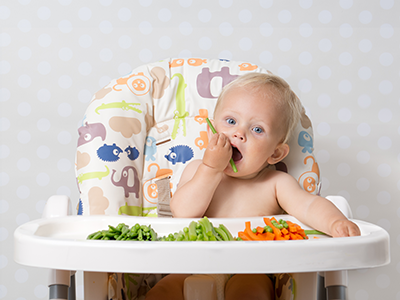


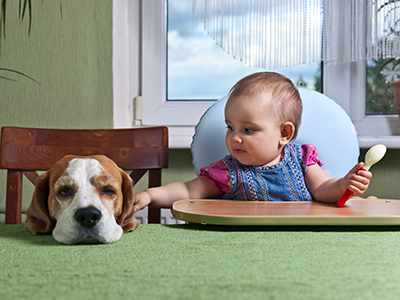
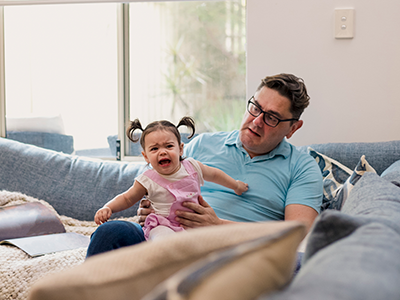

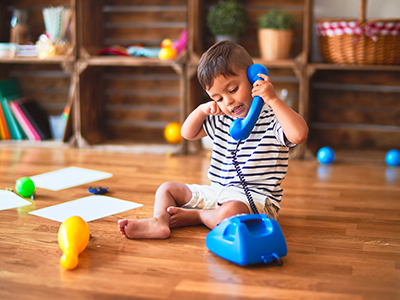
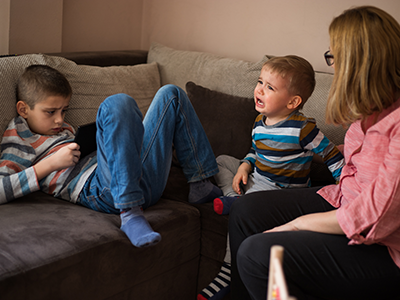

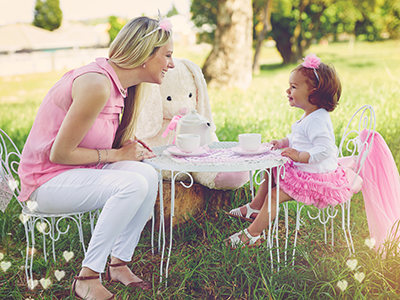

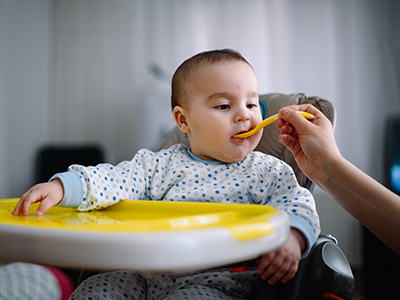
Four year olds are supposed to ask why. They are sponges and need supportive answers and thoughtful interaction. Sometimes, I couldn’t help wondering what would happen if I kept asking “why” back to them. Always got a look of inquisitive curiosity before exasperation and moving on to next question. So much fun!